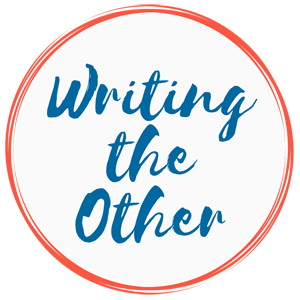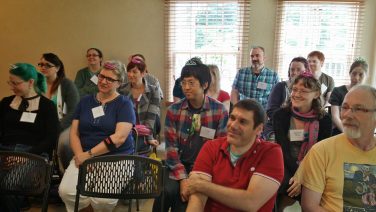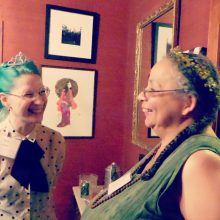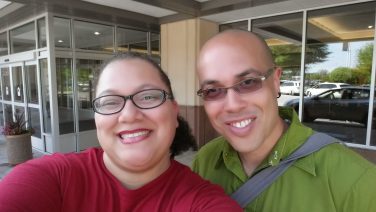The first Workshop and Retreat took place in June of 2014 with instructors David Anthony Durham, K. Tempest Bradford, Mary Robinette Kowal, Nisi Shawl, and Cynthia Ward.
Tempest wrote about her experience teaching at xoJane. Read it under the gallery.
I Taught People How To Write The Other At A Week-Long Retreat
Remember that Granta piece from 2005 called “How To Write About Africa” that was a list of all the ways good writers should never write about Africa?
It’s one of those really good pieces of writing that points out how easy and lazy it is to pick up a handful of cliches, throw them at a blank screen, and be 75% of the way to painting a picture of a place or a person that is propped up by stereotypes and fail.
Hack writers do this all the time. Sometimes even good writers do it.
That’s because writing about people and places outside of the cultural “norm” or one’s direct understanding is hard to do. It’s called Writing the Other, and it’s a skill that must be learned and often worked at diligently by people who want to be great writers.
Earlier this month I had the honor to teach at a Writing the Other workshop and writing retreat held in Chattanooga, Tennessee. I conceived of and organized this week-long retreat with author Mary Robinette Kowal. We were lucky enough to snag Nisi Shawl and Cynthia Ward (the pair who literally wrote the definitive book on the subject), as well as David Anthony Durham to come down and teach.
Learning how to write “the Other” can be a very fraught process. You learn things about yourself, about your assumptions, and about the subconscious things you absorb from your culture and society that can make a person feel uncomfortable. Very much uncomfortable.
There are moments of anxiety, perhaps even panic, when you realize that in your current writing or in something already published there is a stereotype, a cliche — or worse, you find something you didn’t even realize was a problem until someone pointed it out.
Working through that is hard and made harder if you don’t happen to have a support system and people you can turn to that will talk you down and help you work out how to do better.
We had 26 students — plus a couple of helpers affectionately dubbed Minions — who came to learn this difficult skill. After they took Nisi and Cynthia’s original workshop, we challenged them further with deep dives into dialect and dialogue, gender and sexuality, disability, writing the other in history, and worldbuilding.
This is one of the reasons why we conceived of this as a workshop and retreat. The students had a week to hang out with the teachers, opportunities for one-on-one critiques — plus the freedom and safety to ask questions and make mistakes.
We teachers did our best (and hopefully we succeeded) to make the space as safe as possible and make ourselves approachable so students felt comfortable.
Given that learning how to write the Other can be such a tough process, there are some people who ask: Why bother? Why not just avoid writing characters who are a different race or gender or class or religion from you?
Aside from that making for really boring and unrealistic fiction, it also ignores how important representation is in fiction and other media. I taught a whole class on this, but if you want to understand why representation matters right now, all you have to do is read the essay anthology Invisible, edited by Jim C. Hines.
Learning how to write the Other is important for all kinds of writers, not just fiction writers. Journalists, essayists, playwrights, TV and movie writers all need this skill.
Mary and I have grand plans for making this workshop and retreat a yearly thing, so keep an eye out for further announcements. However, you don’t need to wait for that to get started — Nisi and Cynthia’s Writing the Other is available in paper and eBook, and they may be giving online workshops soon!
I’ve also started collecting links on the subject that writers may find helpful. Starting down the path may seem overwhelming — but in the end, it’s so worth it.
















